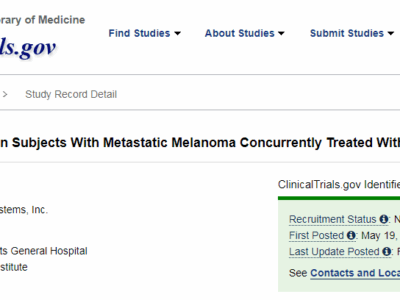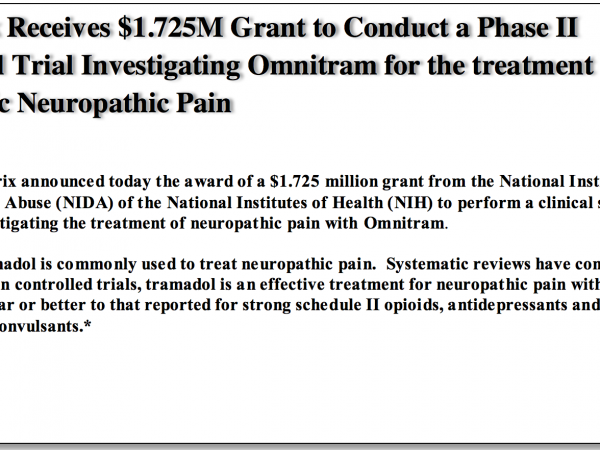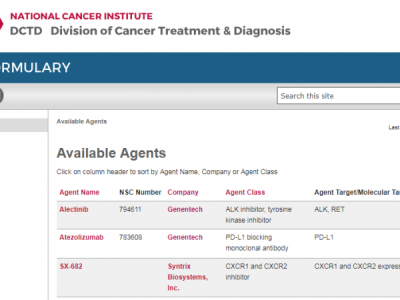AUBURN, WASHINGTON —A new study led by researchers at MD Anderson Cancer Center revealed for the first time that SX-682 was critical to cracking the code of immune resistance in pancreatic cancer in combination with agents that targeted PD1 and CTLA4 immune checkpoint therapies (ICTs) resulting in complete cures in pancreatic cancer mouse models.
Published in Nature Cancer, findings from the study show that inhibition of CXCR1/2 signaling with SX-682 together with agonist 41BB and antagonist LAG3 ICT resulted in an overall survival rate of up to 90% through the end of the year-and-a-half-long study—more than half the mice’s life span.
MD Anderson Cancer Center’s Dr. Ron DePinho told Fierce Biotech, “These were unprecedented cures seen in a very virulent mouse model of this disease.”
Dr. John Connolly, who was not involved in the research but is CSO at the San Francisco-based Parker Institute for Cancer Immunotherapy, told Fierce Biotech, “As a human immunologist who has been involved in a lot of clinical trials, you’d be surprised that I was surprised that it worked so well, but I really was.”
Similar to what had been seen in humans, neither PD-1, TIM3 or CTLA-4 inhibition improved survival. But anti-LAG3 and agonistic 41BB antibodies individually extended the mice’s survival time by about 20% to 30% compared to controls.
But despite living twice as long as untreated models, the two drugs weren’t enough to keep the mice from succumbing to the disease. Adding the CXCR1/2 inhibitor SX-682 to the two drugs was key to making a quantum leap in efficacy.
After 540 days, all but one of the 10 mice in a group with a highly virulent pancreatic cancer were still alive after being treated with the three-agent combination. None of the animals alive at the study’s end had any signs of cancer.
The study concluded that the results support testing of the SX-682 triple combination in patients with pancreatic cancer.
ABOUT SX-682: SX-682 is an oral allosteric small-molecule inhibitor of CXCR1 and CXCR2 (CXCR1/2) being investigated in several Phase 1/2 clinical trials. CXCR1/2 are a combined “master switch” of the tumor microenvironment. Clinical studies have shown an inverse correlation between blood CXCR1/2 ligands and immune-checkpoint blockade (ICB) response and survival. SX-682 has been validated in major solid tumor models, where it exhibits mono-agent activity, blocks metastasis, depletes MDSCs, activates infiltration and killing by immune effector cells, reverses chemo-resistance, and enhances ICB.
ABOUT SYNTRIX: Syntrix is a pharmaceutical company committed to discovering and delivering innovative therapies to solve the most difficult clinical problems. Convergent Science & Strategy. Breakthrough Medicines.
DISCLOSURE NOTICE: This release contains forward-looking information that is based on company management’s current beliefs and expectations and are subject to currently unknown information, risks and circumstances. Actual results may vary from what is projected. Syntrix does not undertake any obligation to publicly update these forward-looking statements, whether as a result of new information, future events or otherwise.
Media Contact: Aaron Schuler, PhD, 253-833-8009, x21.



